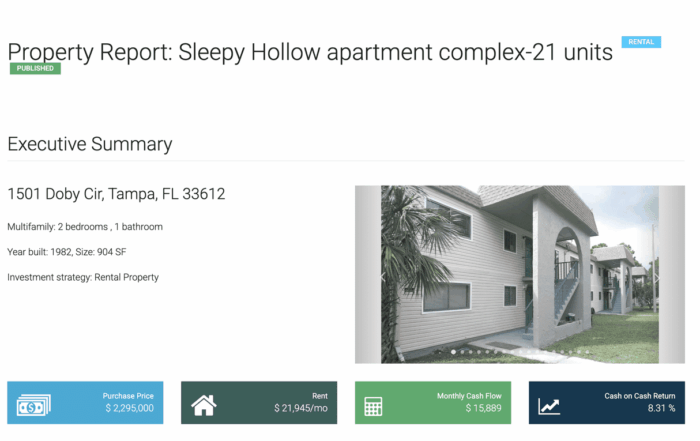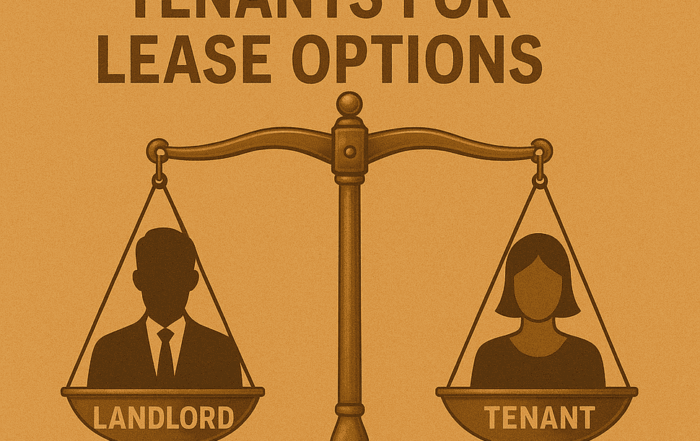As an investor, landlord, or house flipper, managing your financial transactions accurately is crucial. One important aspect of this is ensuring that you have the necessary tax documentation from your vendors. Understanding when to request a W-9 form from your vendors can save you from potential tax complications down the road.
What is a W-9 Form?
A W-9 form is used to collect the Taxpayer Identification Number (TIN) of a vendor, contractor, or freelancer. This form helps you report the payments made to the IRS accurately, which is essential for tax compliance.
When to Request a W-9
Here are the scenarios in which you should request a W-9 from your vendors:
-
Hiring Independent Contractors: If you hire independent contractors to perform work on your properties, you should request a W-9 form before making any payments. This is crucial for issuing Form 1099-NEC at the end of the year if you pay them $600 or more during the tax year.
-
Vendors Providing Services: For any service-based vendors (e.g., maintenance, repairs, cleaning services), it’s appropriate to request a W-9 form. This ensures you have the necessary information to report payments.
-
Large Transactions: While the amount can vary, as a rule of thumb, if you are paying a vendor $600 or more in a year, you should request a W-9 form. This threshold is set by the IRS for reporting requirements.
-
New Vendors: For any new vendors or contractors you engage, it’s best practice to request a W-9 form at the start of your working relationship. This avoids any last-minute scramble for information during tax season.
-
Unincorporated Vendors: If your vendor is an individual or a sole proprietorship, requesting a W-9 is necessary. However, for incorporated businesses (such as LLCs treated as corporations or C-Corps), a W-9 may not always be required, but it’s still good practice to have one on file.
Why Request a W-9?
- Tax Reporting: The primary reason is to meet the IRS requirements for reporting payments made to vendors. This ensures you can issue the correct Form 1099-NEC.
- Accurate Records: Keeping accurate records helps in managing your expenses and can be crucial during an audit.
- Compliance: Ensuring compliance with IRS regulations helps you avoid penalties and fines.
Best Practices
- Standard Procedure: Make it a standard part of your vendor onboarding process to request a W-9 form. This sets clear expectations and ensures you collect the necessary information upfront.
- Regular Review: Periodically review your vendor list and ensure that you have a W-9 form for those you have paid $600 or more during the year.
- Secure Storage: Store the W-9 forms securely to protect sensitive information and ensure they are easily accessible for tax reporting.
As an investor, landlord, or house flipper, understanding the nuances of when to request a W-9 form from your vendors is crucial for accurate tax reporting and compliance. In this section, we’ll delve deeper into specific scenarios and clarify common confusions, such as dealing with single-member LLCs and non-U.S. residents.
Understanding When a W-9 is Needed
The decision to request a W-9 from a vendor can depend on several factors, including the type of entity you’re dealing with and the nature of the work being performed. Here’s a more detailed breakdown:
-
Service Providers vs. Product Sellers:
- Service Providers: Always request a W-9 from vendors who provide services, such as contractors, repairmen, cleaners, and consultants. The IRS requires reporting payments of $600 or more made for services.
- Product Sellers: If a vendor is only selling you products and not providing any additional service, you typically do not need a W-9 form. However, if the sale includes significant services (like installation), then a W-9 is required.
-
Single-Member LLCs:
- A single-member LLC is considered a disregarded entity for tax purposes, meaning it’s treated the same as a sole proprietorship unless it has elected to be taxed as a corporation. In this case, you should request a W-9 from the single-member LLC owner, and the owner should provide their personal SSN or EIN.
- Example: If you hire a single-member LLC to do maintenance work on your property, you should request a W-9 form from them. They should provide their TIN, which could be either an SSN or an EIN, depending on their setup.
-
Corporations and Partnerships:
- For payments made to corporations, a W-9 is typically not required for reporting purposes unless the payments are for medical or legal services.
- Partnerships should provide a W-9 as well, especially if the payments for services exceed $600 in a calendar year.
-
Threshold for Reporting:
- The IRS requires you to report payments of $600 or more to vendors for services performed. This applies regardless of the type of business entity the vendor is, except in the case of certain corporations as mentioned above.
When a W-9 is Not Needed
There are certain situations where a W-9 form is not necessary:
- Payments to Incorporated Businesses: If your vendor is a corporation (except for legal and medical services), you do not need a W-9 form. However, having one on file can still be useful for your records.
- Small Transactions: For minor transactions under $600 in a year, a W-9 form is not required. However, if cumulative payments exceed $600, you should have the W-9.
Handling Non-U.S. Residents
When dealing with non-U.S. residents, the tax form requirements change:
- Non-U.S. Residents: If the vendor is a non-U.S. resident, they should not fill out a W-9 form. Instead, they need to file a Form W-8BEN or W-8BEN-E (depending on whether they are an individual or an entity) to claim exemption from U.S. withholding.
- Form W-8 EFCI: Specifically, nonresident aliens who are engaged in a U.S. trade or business should file Form W-8 ECI (Certificate of Foreign Person’s Claim That Income Is Effectively Connected With the Conduct of a Trade or Business in the United States). This allows them to claim that their rental income is effectively connected to a U.S. trade or business, exempting them from the usual 30% withholding tax.
- 30% Withholding: If the non-U.S. resident does not provide the appropriate W-8 form, you are required to withhold 30% of any payments made to them and remit these taxes to the IRS.
Conclusion
In summary, it’s essential for investors, landlords, and house flippers to request a W-9 form from their vendors in most service-related situations, particularly when payments exceed $600 annually. Understanding the nuances of different business entities, such as single-member LLCs, and handling non-U.S. residents with the appropriate W-8 forms can help ensure compliance and avoid potential tax issues.












